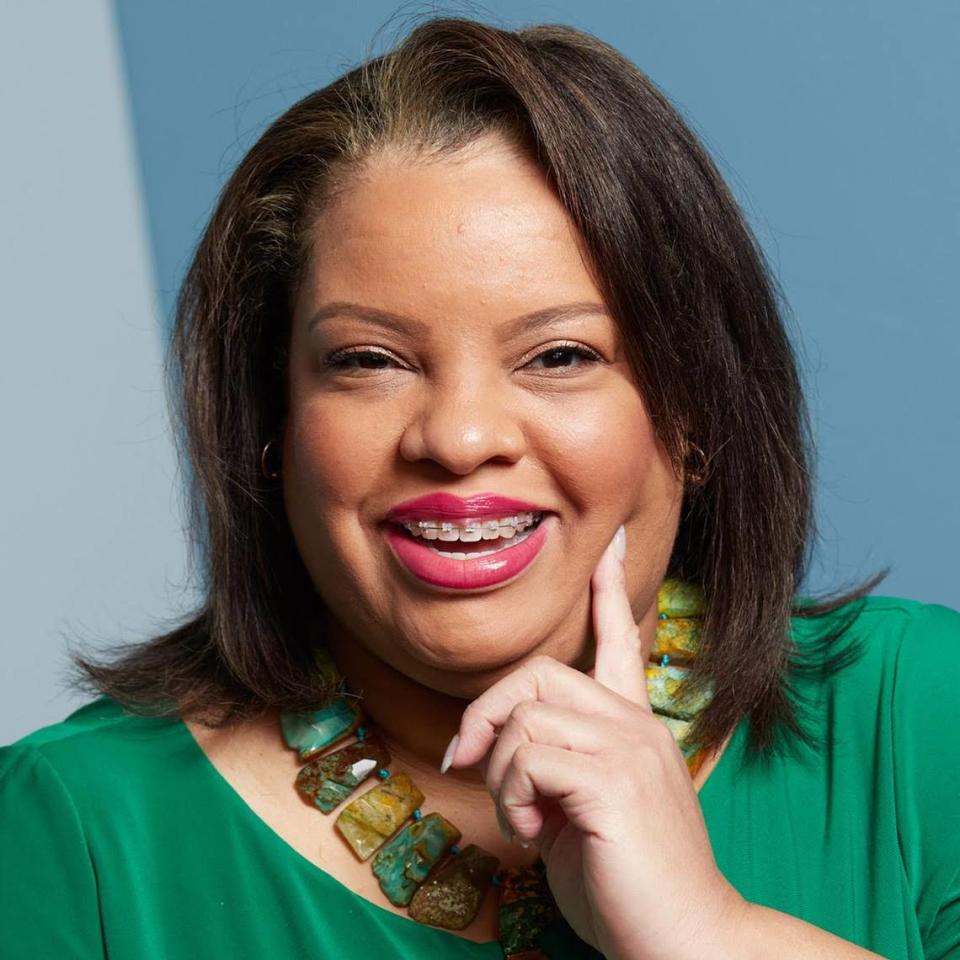Thousands of Floridians are losing Medicaid coverage. Here’s what you can do | Opinion
Health insurance. It’s something we need, but usually don’t want to think about. However, if you or a loved one has Medicaid in Florida, you need to make sure — now — that you don’t lose coverage.
As of Sept. 22, more than 7 million people in the United States have lost Medicaid because of a process called “Medicaid Unwinding” — or “disenrollment.” In Florida, more than 700,000 people have been dropped. Nearly half lost their Medicaid for procedural reasons, like missing paperwork or not responding to renewal requests.
If you lose Medicaid coverage, you may be able to get it back. And if you or people in your household no longer have Medicaid, you may be able to access other health-insurance options.
What is ‘Unwinding?’
When the U.S. government declared a COVID-19 public health emergency in 2020, everyone approved for Medicaid had continuous coverage. That meant if you got it, you kept it. And renewals were paused. This ensured that millions of Americans retained access to affordable healthcare throughout the official pandemic.
The end of the public health emergency in May 2023 signaled the beginning of the unwinding process for almost 100 million people covered by Medicaid or CHIP — Children’s Health Insurance Program. States — including Florida — resumed Medicaid eligibility checks. Now, as many as 24 million people nationwide could lose coverage during the unwinding, which will continue through next year.
Impact on Floridians
During the public-health emergency, more Floridians became eligible for Medicaid, and no one was disenrolled. The number of enrollees increased from 3.8 million to 5.5 million. Now, as the unwinding progresses, the Sunshine State is experiencing very high disenrollment — with more people losing coverage than all other states but Texas. The Florida Department of Children and Families (DCF), which oversees Medicaid, predicts that more than 900,000 Floridians will no longer qualify for Medicaid, but almost 1 million more may lose coverage during the unwinding because they haven’t responded to renewal requests.
Keeping coverage
Keeping your coverage depends on you updating your contact information with DCF — especially your current mailing address — to avoid missing renewal notices. Even if your address, cell phone number and email address have not changed, check that DCF has your correct information. You can review your contact information quickly through your account in the ACCESS Florida self-service portal.
When it’s your turn to renew, you will receive a text message notifying you that a redetermination notice will arrive by mail soon in an envelope with a yellow stripe. Check your mail! If you do not receive this notice, you can also renew through your ACCESS Florida account.
Some people will receive a notice that they have been automatically renewed. Sometimes, DCF needs more information from people in this group. If you need to provide more information, you will receive notification 45 days before your renewal deadline.
To help you every step of the way, GoodRx’s guide to the Medicaid Unwinding process in Florida provides clear, actionable instructions for navigating the renewal process in the Sunshine State.
And if I’m disenrolled?
If you or your children are dropped from Florida’s Medicaid program, don’t panic! You have options. First, if you think you still qualify for Medicaid, you can appeal the decision or reapply through DCF.
If you are no longer eligible for Medicaid, you may qualify for other health insurance options. For example, you may be able to get a plan on the Affordable Care Act (ACA) marketplace. If you are a student, see if you qualify for a campus health plan through your college or university. If you’re younger than 26, you may be able to join your parent’s health insurance. Florida also has programs that provide healthcare for people experiencing homelessness and refugees.
If you have a gap in coverage, you can explore free resources at GoodRx.com/covered, which is written by trusted healthcare experts who can help you navigate your loss of Medicaid. You can also use GoodRx to find discounts on prescriptions.
Cindy George is the senior personal finance editor and writes about healthcare costs and coverage for GoodRx.


